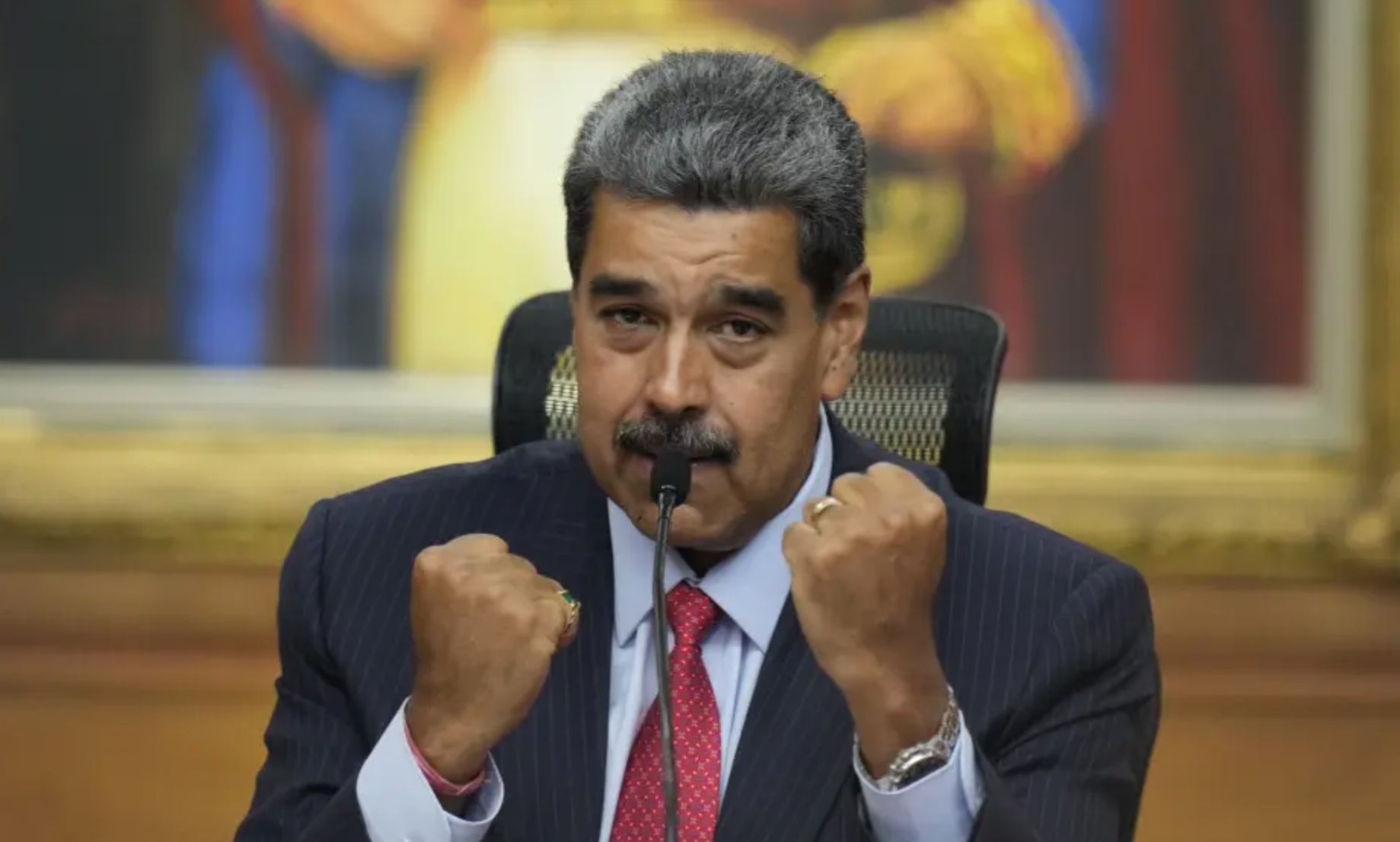Venezuela’s drift towards dictatorship, contrasted with persistent citizen mobilization demanding democracy, tests the limits of external interference and the capacity of the regional environment to influence a conflict with geopolitical implications that threaten regional peace and stability.
An egregious electoral fraud occurred in Venezuela, seemingly facilitated by the Venezuelan regime to justify increased repression and create a regional and hemispheric ripple effect to secure its grip on power. José Natanson’s book, Venezuela. Ensayo sobre la descomposición (Debate, 2024), offers insight into the nature and background of this crisis, with no resolution in sight.
Ideological polarization invites narratives that fan the flames: some speak of fighting communism and socialism, while others speak of resisting fascism and imperialism. The evocation of a new Cold War transports us back in time: we rewind the calendar 60 years and cast dictator Maduro as a reincarnation of Fidel Castro, with China and Russia operating directly or indirectly in the Americas and the U.S. watching expectantly.
In this narrative, as it happened then, the call for democracy is overshadowed by those playing a different game: the game of revolution and counter-revolution, of anarchy, or of order imposed by force.
Twenty years ago, Thomas Barnett’s book, The Pentagon’s New Map: War and Peace in the Twenty-First Century (2004), depicted a world divided into two vast areas: the “core” and the “non-integrated zone.” The “core” would enjoy the benefits of the system: trade, communications, transportation, and fluid monetary transactions. The “non-integrated” zone is disconnected from the system, mired in chaos and instability.
In this zone of instability are the countries of northern South America and the Caribbean basin, with Venezuela at its center. This map mirrors those of the twentieth-century Western geopolitical forefathers—depicting a “heartland” or pivot area and peripheral rings, both terrestrial and maritime, where great powers vie for supremacy—and appears to have been adopted in Beijing and Moscow to position Latin America in the new global geopolitics.
The U.S. Congressional Foreign Affairs Committee has just presented its report on the country’s National Defense Strategy. Our region is one of the least mentioned and is explicitly identified as a “theater of great power competition.” The 132-page U.S. Congressional document states that the region is a battleground and highlights the urgent need for preparation for multiple armed confrontation scenarios.
Forty years ago, transitions from authoritarianism to democracy in Latin America were shaped by the dying throes of the Cold War: it was essential to prevent the East-West conflict’s grip—then centered on Central America—from strangling the processes of dictatorships’ exit and democratization.
The integration process also had a strategic purpose: to ensure that democracies in each country could solidify in a regional environment free of armed conflicts and successfully confront the threats of authoritarian regression. Now, the goal is to prevent global geopolitical conflict from reversing this progress, lacking a safety net in a fragmented regional scenario. In this context, Venezuela may represent a true turning point.
*Article originally published in Clarín.











